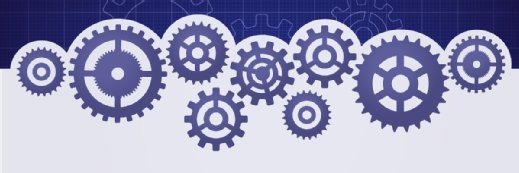
jcpjr - Fotolia
Dutch port readies itself for autonomous ships
The Port of Rotterdam is using IoT and AI technology from IBM to improve efficiency and become the model for ports of the future
The Port of Rotterdam is using IBM’s internet of things (IoT) and artificial intelligence (AI) technologies as part of its digital transformation that will eventually enable it to host autonomous ships by 2025.
The Dutch port, which is Europe’s largest, is working with IBM to make use of AI and cloud-based IoT to improve efficiency and ready itself for autonomous ships.
The port handles over 461 million tonnes of cargo and wants to improve traffic management through the use of IoT. Sensors are being installed across 42 kilometres of land and sea. These will collect water and weather data, as well as information about docking berths.
A centralised dashboard application will collect and process the information. Through this data, which is analysed by IBM’s cloud-based IoT technology, vessel traffic in the port can be managed more efficiency to maximise cargo loading.
IoT will also connect ship captains with the port and operators of the arrival terminals and monitor the communications data.
The port expects to be able to save the time spent berthed in port, which will reduce the cost by about $80,000 an hour. With more than 140,000 vessels each year, this is a huge saving.
“Here in Rotterdam, we are taking action to become the smartest port in the world,” said Paul Smits, chief financial officer at the Port of Rotterdam Authority. “Speed and efficiency is essential to our business, and requires us to use all of the data available to us.”
Read more about IoT
- The security failings in today’s internet-connected devices will only become more pervasive unless action is taken immediately, according to industry experts.
- CIOs may find themselves spoilt for choice when assessing digital platforms for IoT. We look at the options.
- You don't regularly associate IoT and big data with transports bearing down on the highway, but big data IoT projects are revolutionising the trucking industry.
- Computer Weekly went to meet the IBM customers and partners who are using Watson AI to deliver on the promise of the IoT.
The port expects to be ready to host autonomous ships by 2025. Other tech developments include smart quay walls and buoys with sensors, which will provide data about berthing terminals and the surrounding water and weather conditions. These will help identify the optimal time for ships to dock.
Furthermore, 3D metal printing in the shipyards of RDM Rotterdam will use cognitive IoT technology from IBM in a production process that will create ship components such as propellers in just 200 hours, rather than over six weeks.











